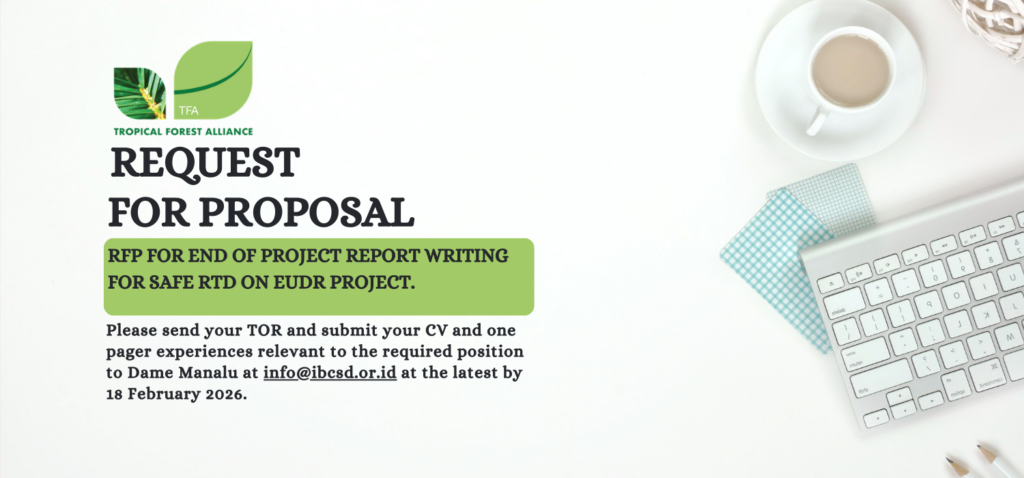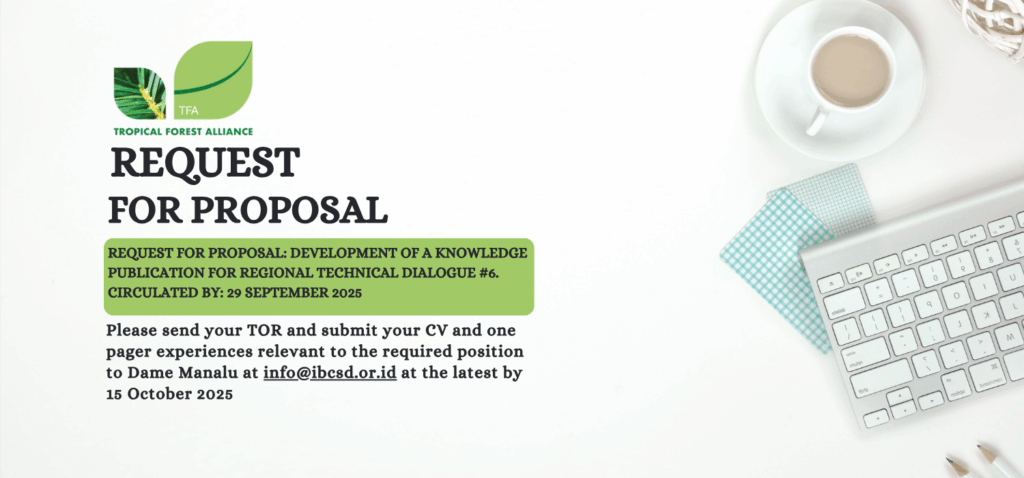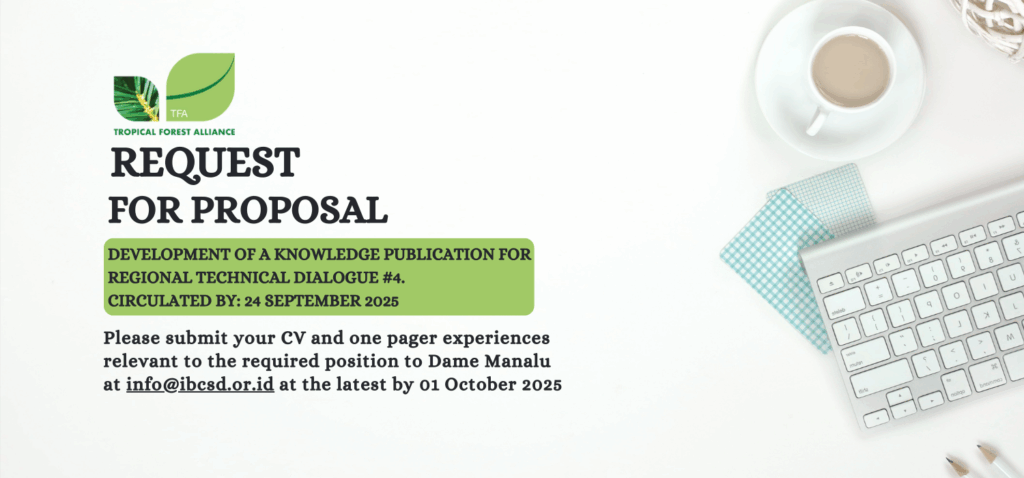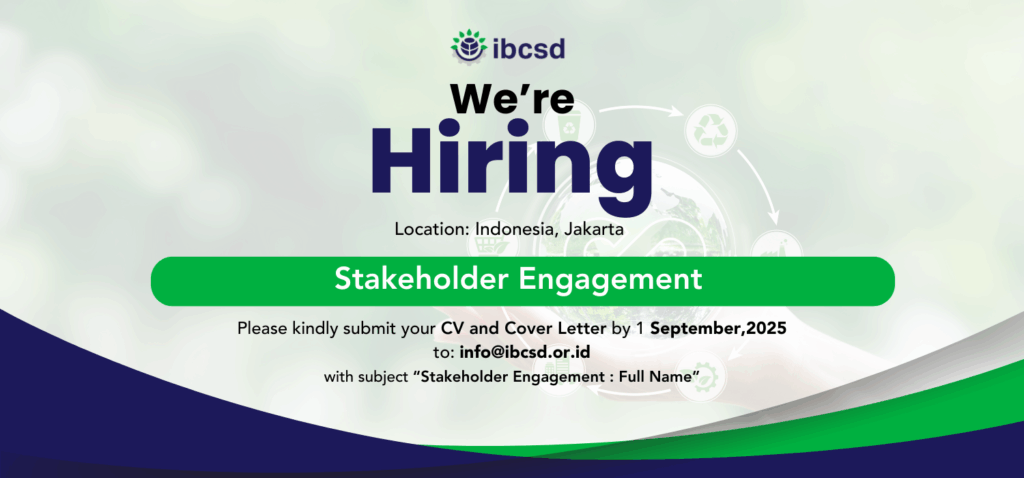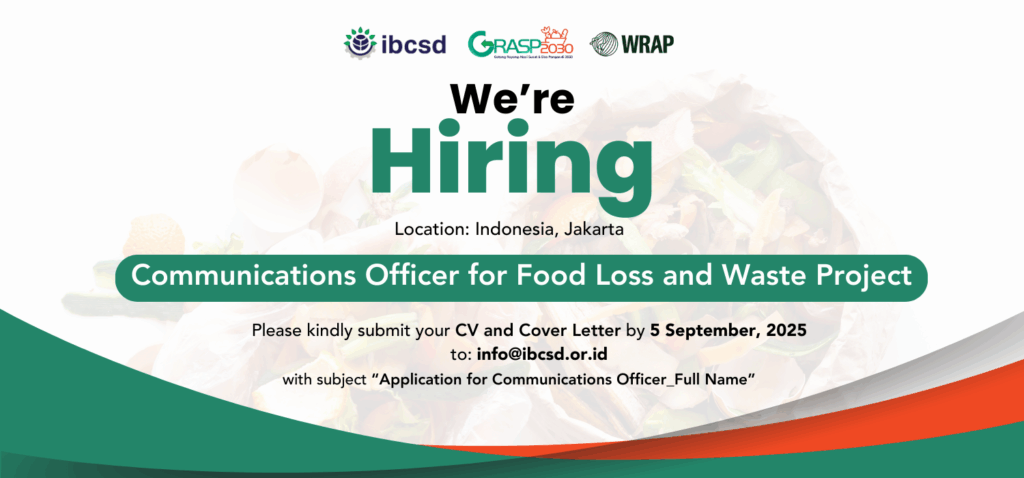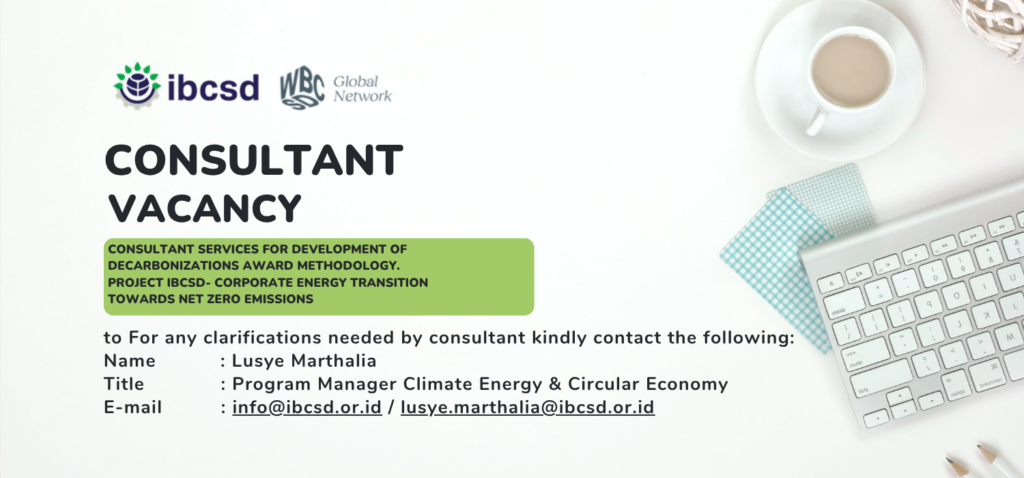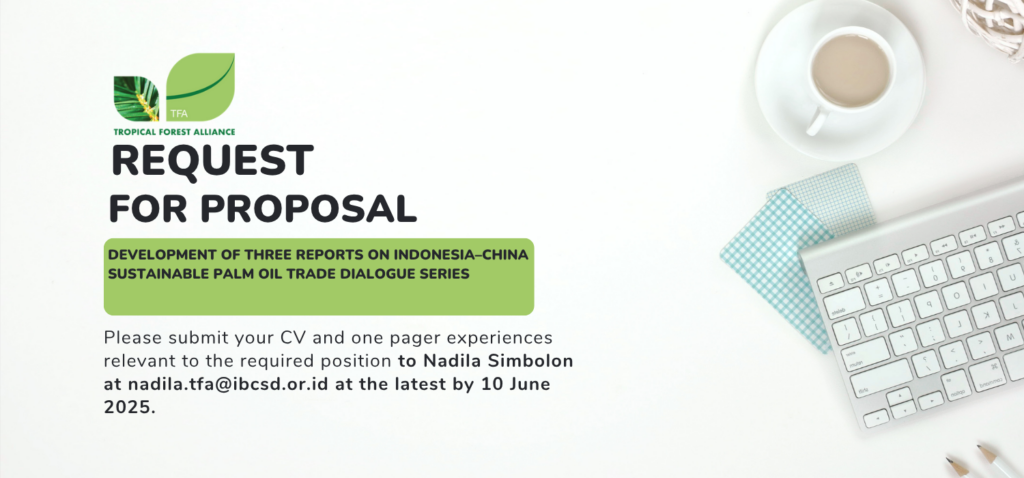B. Purpose and Objectives
To develop a robust, transparent, and practical decarbonization award methodology that enables the Indonesia Business Council for Sustainable Development (IBCSD) to recognize and incentivize businesses making significant progress in reducing their carbon emissions.
Objectives:
- Design a clear and credible framework to assess corporate decarbonization efforts aligned with national and global climate targets.
- Ensure the methodology reflects best practices, refer to relevant standards, and is adaptable to Indonesia’s business context.
- Facilitate stakeholder engagement, including businesses, government, and experts, to validate and refine the award criteria.
- Develop guidance materials and tools to support IBCSD in implementing the future award program effectively.
- Establish a transparent evaluation process to fairly identify and reward outstanding decarbonization achievements among selected companies.
C. Scope of Works
The primary objective of this consultancy is to develop decarbonizations award methodology that highlight and reward business sector making significant progress in reducing their carbon footprint, thereby encouraging broader industry-wide actions. This methodology is expected to provide a foundation for future initiatives that involve private sectors. The consultant shall be able to propose any methodology deemed appropriate to deliver the best outcome from the outlined activities:
The consultant will be responsible to develop a preliminary draft (Bahasa) based on a desk review of various materials, which can include;
- Relevant national policies and regulations related to decarbonization, energy transition, and climate change mitigation.
- Existing frameworks or tools used by government bodies, NGOs, or private sectors to assess decarbonization performance.
- Stakeholder expectations and alignment with national decarbonization goals, especially those outlined in Indonesia’s NDC (Nationally Determined Contribution).
- Indicators and metrics commonly used to measure decarbonization efforts across different sectors.
- FGD to gain Stakeholder Input
Following the finalization of preliminary draft, the consultant shall be responsible to assist IBCSD conduct stakeholder engagement through focus group discussions (FGDs) and the consultant may propose other related stakeholders to maximize the support in developing works.
The consultant is expected to develop a final report (Bahasa) that should include the development of relevant decarbonization indicators, data collection from corporate reports, evaluation of company performance across key sectors and incorporating the findings from the FGD.
D. Tasks, Deliverables, and Expected Schedule
The tasks, outcome and products, as well as expected schedule to be delivered by the consultant are as follow:
| No |
Tasks |
Deliverables/Products |
Expected Schedule |
| 1. |
Preliminary Draft |
First Draft |
12 days (working days) |
| 2. |
FGD to gain Stakeholder Input (Assist IBCSD) |
Activity Report |
8 days (working days) |
| 3. |
Finalization of Report |
Final Report |
8 days (working days) |
It is expected that the consultant is able to deliver their best results in 1,5 (one and half) month since the signing of contract/MoU. Consultant is expected to submit their own timeline of program plan in accordance with the outlined activities under this term of reference.
E. Division of Responsibility
Following is the division of responsibility or battery limit for the activities to be executed under this term of reference.
| No |
Tasks |
IBCSD |
Consultant |
| 1. |
First Draft |
Providing access to any relevant references needed |
Conducting overall activities until report preparation |
| 2. |
Validation Workshop |
Managing event: providing logistics and media, including venue |
Preparing materials, reports, & analysis |
| 3. |
Report Finalization |
Final review |
Conducting overall activities until report preparation |
F. Proposal Submission
Following are the document to be submitted by consultant as proposal submission:
Consultant is expected to submit their legal document (e.g; Decree of Establishment/SK Menkumham atas Pengesahan Akta, Taxpayer Identification/NPWP), corporate profile and curriculum vitae of consultant, including extensive list of relevant working experiences.
Consultant is expected to submit a technical proposal, which outlines their take on this term of reference as well as their proposed approach and methodology to answer the requirement of this term of reference and to fulfill the expected deliverables at optimal quality.
Consultant is expected to submit a commercial proposal, which already covers overall personnel and non-personnel cost at most competitive offers.
The above documents shall be submitted at the latest of:
Day/Date : Monday, June 30th 2025
Time : 13.00 WIB
G. Point of Contact
For any clarifications needed by consultant kindly contact the following:
Name : Lusye Marthalia
Title : Program Manager Climate Energy & Circular Economy
E-mail : [email protected] / [email protected]
